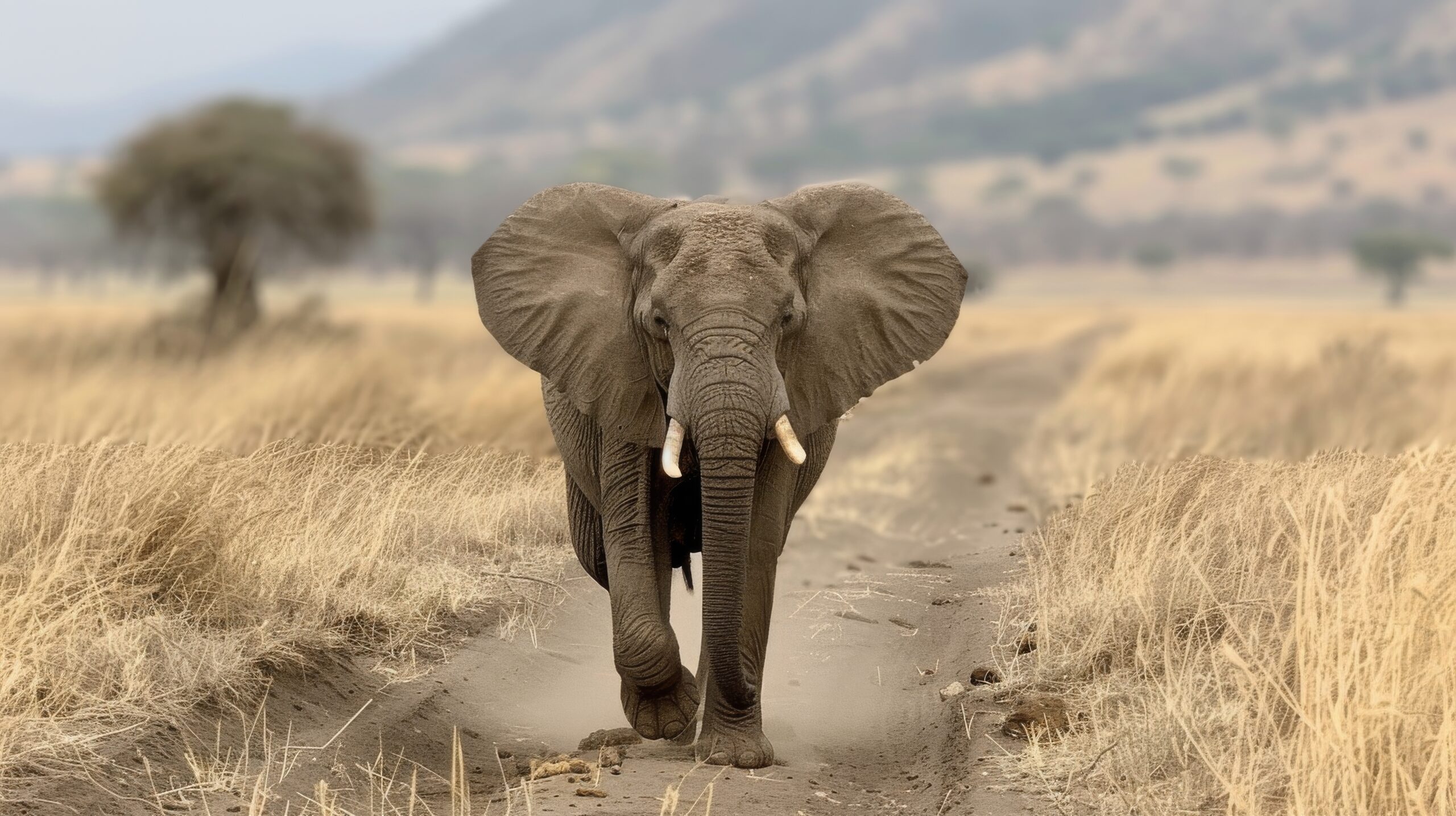
Sustainable Wildlife Experiences in Earth’s Conservation Frontier
Journey through Africa’s iconic landscapes on ethical safari adventures that protect endangered species, preserve critical habitats, and empower local communities—all while experiencing the unparalleled wonder of the continent’s wildlife heritage.
Experience Conservation in Action
Africa stands as the world’s last great sanctuary for megafauna, harboring approximately 25% of global biodiversity across its diverse ecosystems. From the legendary savannas of the Serengeti to the mist-shrouded mountains of Rwanda, ethical safari experiences offer travelers the chance to witness conservation efforts firsthand while contributing directly to wildlife protection and community development.
Sustainable Safari Destinations
- Kenya – Pioneering community conservancies and iconic national parks with innovative wildlife corridors
- Tanzania – Home to the Serengeti migration and community-owned conservation areas
- Botswana – Low-impact, high-value tourism model protecting the Okavango Delta
- Rwanda – Mountain gorilla conservation success story with strict ecotourism protocols
- Namibia – Community conservancies managing over 20% of the country for sustainable wildlife tourism
- South Africa – Private reserve rehabilitation and rewilding alongside national park conservation
- Uganda – Primate protection and forest conservation through regulated tourism
- Zimbabwe – Community-led anti-poaching initiatives and habitat restoration programs
- Zambia – Walking safaris and authentic wilderness experiences with minimal environmental impact
Ethical Wildlife Encounters
Experience Africa’s extraordinary biodiversity through responsible safari practices:
- Track endangered mountain gorillas through carefully managed permit systems
- Witness the Great Migration with guides who prioritize animal welfare
- Support anti-poaching efforts through conservation-focused accommodations
- Join habituation experiences that fund scientific research
- Participate in citizen science projects monitoring threatened species
- Visit wildlife rehabilitation centers returning rescued animals to the wild
- Learn traditional ecological knowledge from indigenous guides
Best Times to Visit
Plan your conservation-focused African safari according to natural cycles:
- June-October: Dry season ideal for traditional wildlife viewing and the Great Migration
- November-May: Green season offering lush landscapes, newborn animals, and fewer crowds
- Year-round: Specialized experiences like gorilla trekking and certain regions with unique microclimates
Check out this page for more detailed information about when to travel to Africa
Travel Responsibly
Your safari choices directly impact Africa’s conservation success:
- Choose lodges with proven conservation and community benefit programs
- Follow wildlife viewing guidelines to minimize stress on animals
- Support accommodations employing local staff and sourcing locally
- Respect cultural contexts and local traditions during community visits
- Select tour operators with transparent conservation contributions
- Pack light with sustainable safari gear to minimize your footprint
Embark on an African safari that transcends tourism—become an active participant in the continent’s remarkable conservation story while experiencing the life-changing magic of wild Africa.
